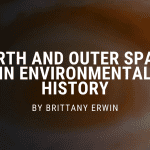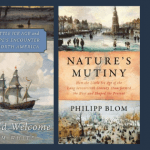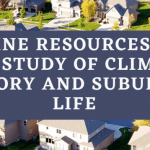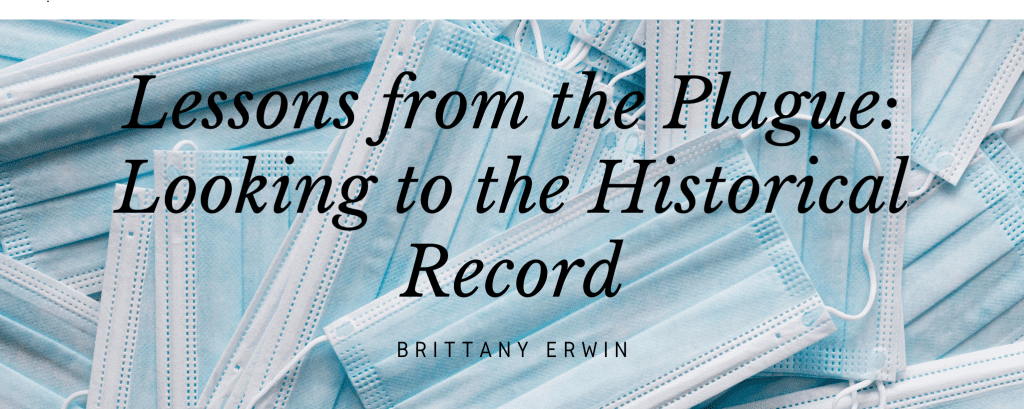
On October 22nd at 3:30 pm CDT, historian and specialist in disease, medicine, and public health Nükhet Varlık will present her work at the Institute for Historical Studies. Dr. Varlik is an Associate Professor of History at Rutgers University-Newark and an Associate Professor of History at the University of South Carolina. Her IHS talk will discuss “Climate, Migration, and Plague in the Early Modern Ottoman Empire.” It reflects Dr. Varlik’s extensive research into epidemics throughout world history.
One of Dr. Varlik’s recent publications, entitled “Rethinking the history of plague in the time of COVID-19,” is especially timely. The article explores the history of social and medical responses to plague in the Afro-Eurasian world. She argues that it is important to “take stock of the lasting legacies of past plagues because they continue to shape the way we think about—and therefore act against—new pandemics.”
The article explains that “studying infection and gaining insights into the dynamic interplay between a new pathogen and a population encountering it” is especially useful “as we contemplate the idea of learning to adapt to [the] new disease regime” that COVID-19 “imposes on our contemporary world.”
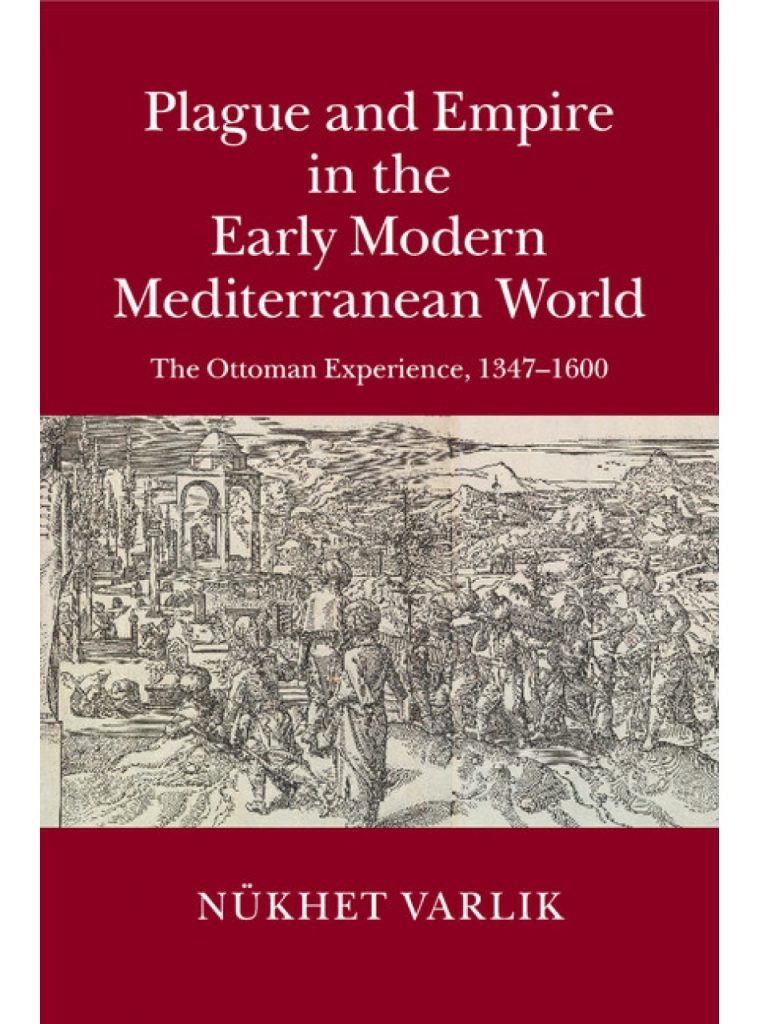
Using the example of the Plague of Marseille of 1720–1721, Dr. Varlik describes the ways that “living with the plague,” and fear of future infection, “became a fact of life” for the affected societies. On the local, regional, and imperial levels, officials established “border controls, quarantines, and isolation stations” to contain the spread. In the aftermath of the outbreak, doctors and government officers looked to those efforts as the model response.
However, the scholars and ruling states who looked back at that model also pushed the notion that “the Orient (and Oriental bodies)” were “site[s] of sickness.” The prevailing origin story among authorities in Marseille was that the plague had entered their port from ships in contact with the Ottoman Empire. Dr. Varlik argues that this idea continues to influence discussions of disease and migration today, creating “harmful” and “toxic” narratives. They are also incomplete and oversimplified explanations of the complex development of plague outbreaks.
The objective of this publication is to urge a reconceptualization of the study of disease by recognizing the ways that older understandings continue to influence contemporary action. As Dr. Varlik writes, “only by shifting the methodological lens to a dynamic multispecies one, by distributing agency also to rodents, fleas, and the bacterium itself—and not only to human efforts to control disease— can we fully comprehend disease ecologies in their social, climatic, and environmental contexts.”
In summary, this article offers an important reminder: “It is not only that the past helps us to understand the present; the present should help us to rethink the past.”
The article, “Rethinking the history of plague in the time of COVID-19,” was originally published in Centaurus Volume 62 Issue 2 in May of 2020. See the Centaurus website and the article here.
See also “The plague that never left: restoring the Second Pandemic to Ottoman and Turkish history in the time of COVID-19,” New Perspectives on Turkey 63 (2020): 1-14; open access: https://doi.org/10.1017/npt.2020.27
To hear more from Dr. Varlik, please join her IHS talk, which will take place on zoom. Register here
For more events related to climate and environmental history at the Institute, see the calendar
The views and opinions expressed in this article or video are those of the individual author(s) or presenter(s) and do not necessarily reflect the policy or views of the editors at Not Even Past, the UT Department of History, the University of Texas at Austin, or the UT System Board of Regents. Not Even Past is an online public history magazine rather than a peer-reviewed academic journal. While we make efforts to ensure that factual information in articles was obtained from reliable sources, Not Even Past is not responsible for any errors or omissions.
